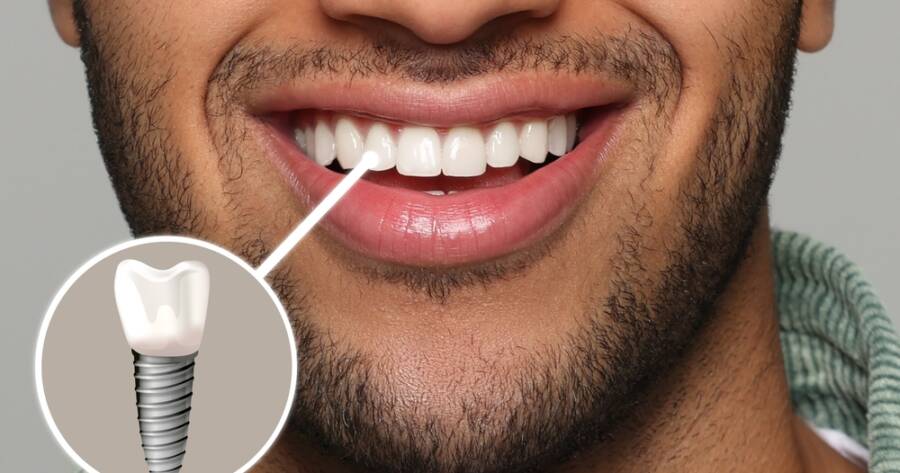Dental implant trials pave the way for groundbreaking advancements in oral healthcare, evaluating innovative methods and technologies for improved implant functionality and aesthetics. From no-drill implants to bone remodeling, dental implant trials emphasize safety and efficacy, offering participants access to cutting-edge dental research and potential benefits, shaping the future of dental treatments and patient outcomes.
Understanding Dental Implant Trials
Dental implant trials represent an innovative frontier in oral healthcare, bringing cutting-edge solutions to individuals seeking restorative dental treatments. These trials are critical for assessing new techniques, materials, and technologies that promise to enhance both the functionality and aesthetics of dental implants.
With the focus on patient safety and efficacy, trials are meticulously designed to comply with ethical standards and regulatory requirements making the process secure and reliable for potential participants.
A Look at Current Dental Implant Trials
The Forsyth Institute has initiated a study that investigates a pioneering dental implant requiring no drilling. This implant is customized for the specific dimensions of a patient’s tooth socket and can be placed shortly after tooth removal. This trial, which lasts around 15 months, includes various stages from initial screening to follow-up visits.
Participants enjoy the benefit of receiving the implant and its accompanying cap without fees. Eligibility focuses on individuals aged 22-80 years who need tooth restoration work on premolars or upper front teeth, offering a unique opportunity for this demographic to engage with cutting-edge dental research.
Innovations in Implant Techniques
New York University (NYU) Dentistry is at the forefront of dental implant research, seeking to understand bone and gum dimension changes around different implant types. Participants in these trials have implants placed in the jaw’s upper regions, specifically the second premolar or molar as part of rigorous evaluation phases.
These studies take place over one year and grant participants the chance to contribute to important findings that could reshape standard treatment protocols. Another trial at NYU explores the functional outcomes of implants in vital areas of the mouth like the anterior or premolar regions, affording participants a comprehensive understanding of dental health improvements post-procedure.
The Role of Multidisciplinary Research
The College of Dental Medicine exemplifies interdisciplinary collaboration in their trials, focusing on outcomes such as bone formation and remodeling post-implantation. One study highlights the impact of using Bio-Oss Collagen in immediate implant placements, assessing volumetric changes over a year in a controlled, randomized setting.
Another significant study compares two biomaterials—synthetic Hydroxylapatite scaffolds and deproteinized bovine bone—used in sinus augmentation procedures to elucidate bone remodeling outcomes. These trials help refine techniques for simultaneous implant placements, potentially setting new benchmarks in dental surgeries.
Exploring Access and Participation
Platforms like Power facilitate patient exploration of dental implant trials by aggregating information about ongoing studies that are ethically approved and align with safety regulations.
These platforms streamline the participant journey, enabling individuals to navigate through diverse research focuses such as antiseptics for implant success, radiographic techniques, and gum recession solutions. By demystifying trial participation, resources like Power empower patients to make informed decisions about engaging with research-stage treatments.
Why You Should Learn More About Dental Implant Trials Today
Keeping abreast of dental implant trials can offer insights into emerging dental technologies that can significantly benefit oral health. Whether for professionals in the field or potential patients exploring advanced treatment options, understanding these trials helps drive progress in dental care methodologies.
For individuals considering dental restorations, participation in trials can mean access to subsidized, next-generation care that not only addresses immediate dental needs but contributes to the larger body of research shaping the future of dentistry. Staying informed about these innovative studies opens avenues to enhanced dental care solutions and patient outcomes.
Sources
Forsyth Institute’s innovative implant study
NYU Dentistry’s implant research
Power platform for trial exploration

